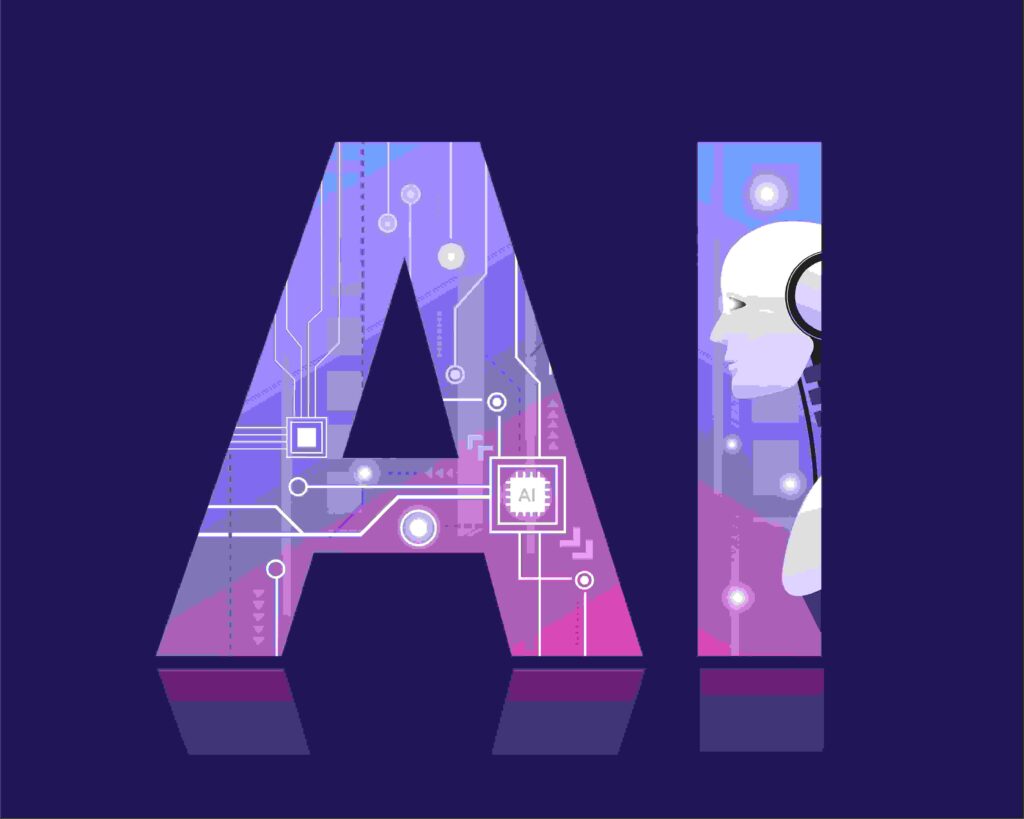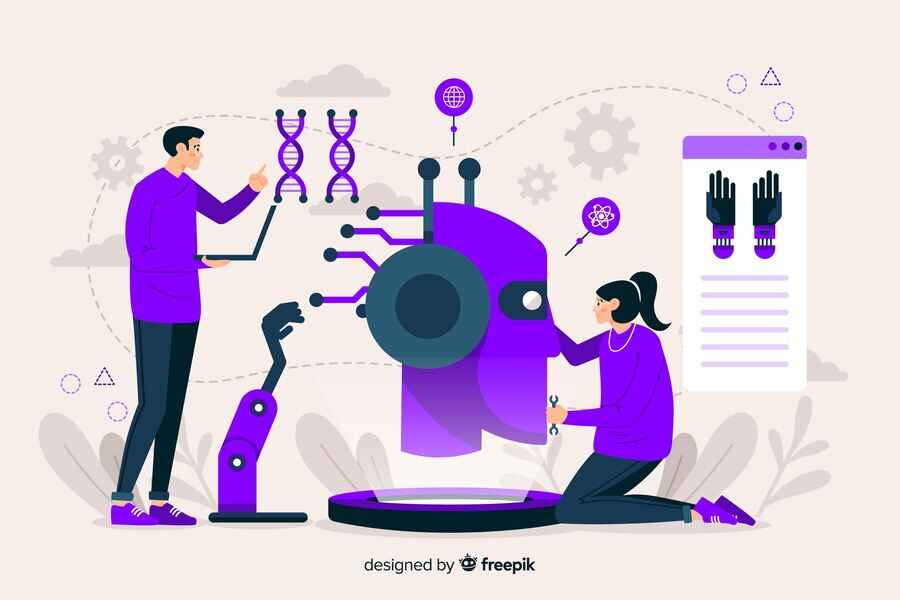
Introduction-AI Project Management Certifications: Elevating AI Initiatives
AI Project Management Certifications provide professionals with the expertise to efficiently manage AI initiatives, ensuring successful implementation and optimization. These certifications equip individuals with skills in AI strategy, risk management, and workflow automation, enabling them to lead AI-driven projects effectively. By earning an AI Project Management Certification, professionals gain a competitive edge in the evolving tech landscape, improving their ability to align AI solutions with business goals. Whether you’re an aspiring AI project manager or a seasoned professional, these certifications validate your knowledge and enhance your credibility in the rapidly growing field of AI project management.
However, managing AI projects is not the same as traditional project management. AI projects have unique demands, such as handling large datasets, collaborating with data scientists, and continuously monitoring AI models post-deployment. Therefore, a certification specifically focused on AI project management is becoming a necessity for project managers aiming to thrive in the tech-driven landscape.

What AI Project Management Certifications Cover
AI Project Management Certifications are designed to bridge the gap between AI technology and project management methodologies. These certifications provide a comprehensive understanding of both AI fundamentals and essential project management principles. Key topics covered include:
1. AI and Machine Learning Basics
Understanding the basics of AI and machine learning is essential for project managers working in this space. Certifications introduce foundational AI concepts, such as supervised and unsupervised learning, neural networks, and natural language processing, enabling project managers to communicate effectively with data science and engineering teams.
2. Project Lifecycle Management for AI
AI projects require a unique lifecycle management approach. Unlike traditional projects, AI projects often involve iterative testing, continuous learning, and ongoing model evaluation. AI project management certifications teach candidates how to handle these requirements, ensuring that AI models remain effective and accurate throughout their lifecycle.
3. Data Management and Quality Assurance
Data is the foundation of AI, and managing it effectively is crucial for successful AI projects. Certifications cover data collection, cleaning, and management techniques, as well as methods for ensuring data quality and integrity. High-quality data is essential for training effective AI models.
4. Risk Management in AI Projects
AI projects bring unique risks, such as model bias, data privacy concerns, and performance issues in changing environments. AI project management certifications help professionals identify potential risks specific to AI and implement strategies to mitigate them, ensuring compliance with industry standards and regulations.
Benefits of Obtaining an AI Project Management Certification
As AI technology continues to advance, companies are looking for professionals who understand how to manage complex AI projects effectively. Here are some key benefits:
1. Enhanced Career Opportunities
AI project management is a highly sought-after skill in today’s job market. Certifications in this field can differentiate you from other project managers by highlighting your expertise in managing AI projects.
2. Improved Communication with Technical Teams
AI projects often require collaboration between technical teams, such as data scientists and AI engineers, and non-technical stakeholders. An AI project management certification equips you with the knowledge to bridge this gap, facilitating smoother communication.
3. Better Project Outcomes
Professionals with AI project management skills are more likely to produce successful project outcomes, as they understand both the technical and managerial aspects of AI projects.
4. Ability to Navigate Ethical and Legal Implications
AI projects often involve sensitive data, and managing such projects requires a keen awareness of data privacy laws and ethical standards. Certifications in AI project management cover these aspects, ensuring compliance.
Key Skills Developed in an AI Project Management Certification
AI project management certifications provide a blend of technical and managerial skills essential for leading AI initiatives. These include:
1. Technical Acumen in AI and Machine Learning
While AI project managers don’t necessarily need to be data scientists, having a technical understanding of AI helps in making informed decisions and collaborating with technical teams.
2. Strategic Project Planning
Managing an AI project requires more than standard project management techniques. AI project management certifications teach strategic planning skills, including defining clear AI project objectives and setting realistic timelines.
3. Data-Driven Decision Making
AI project management certifications emphasize the importance of data in AI projects. Participants learn how to gather, analyze, and interpret data to make informed decisions.
4. Ethics and Bias Management
AI systems can inadvertently introduce biases, leading to ethical and legal challenges. AI project management certifications cover ways to mitigate bias and ensure AI projects are developed responsibly.
Real-World Applications of AI Project Management Certifications
AI project management certifications are applicable in various industries. Here are some examples:
1. Healthcare
AI is transforming healthcare, from diagnostics to personalized treatment plans. AI project managers in healthcare ensure AI models comply with regulations like HIPAA.
2. Finance
In finance, AI helps in fraud detection, investment analysis, and customer service automation. AI project managers navigate regulatory requirements and manage data security concerns.
3. Retail and E-commerce
AI enhances customer experience in retail by providing personalized product recommendations. AI project managers oversee the development and deployment of these tools.
4. Manufacturing
AI-driven predictive maintenance and quality control are valuable in manufacturing. AI project managers ensure AI solutions meet safety standards and improve efficiency.
How to Choose the Right AI Project Management Certification
When choosing an AI project management certification, consider the following:
- Course Content: Ensure the program covers both technical AI fundamentals and project management skills.
- Industry Relevance: Look for certifications recognized in your industry.
- Level of Flexibility: Some certifications are available online for busy schedules.
- Accreditation: Certifications from reputable institutions add value to your resume.
The Future of AI Project Management
AI project management is poised for growth as more organizations adopt AI technologies. The future will likely include:
- Increased Demand for AI Ethics and Compliance: As AI regulations grow, certified AI project managers will ensure compliance with legal and ethical standards.
- Automation of Routine Project Management Tasks: AI will streamline tasks, enabling project managers to focus on strategic decisions.
- Greater Emphasis on Data Privacy: AI project managers will need to ensure data security while managing AI-driven projects.
AI is revolutionizing project management, making AI project management certifications essential for professionals looking to stay ahead. Whether you are a seasoned project manager or entering the field, obtaining an AI project management certification can enhance your career prospects and equip you with the skills to navigate the AI-driven future successfully.






















